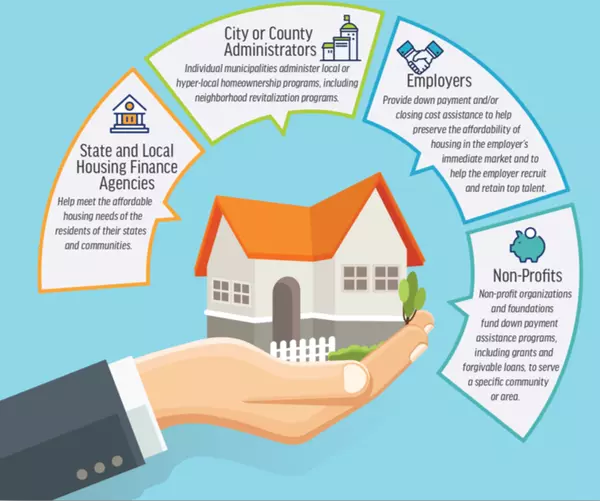
Whatcom County Water Adjudication info
So many of the Whatcom County residents are Concerned about the current process of the water adjudication. Many of you may need resources! Please watch for county meetings and if you need assistance reach out to an attorney. In Washington State, an attorney specializing in water rights and water

Whatcom Real Estate reacting to the mortgage rates staying high
Whatcom County real estate has still been strong despite thehopes among potential home buyers and sellers, as well as economists’ predictions, the Federal Reserve Bank’s three interest rate cuts in 2024 have not led to reduced mortgage rates or a significant boost in the housing market. Instead,

National home sales forcast versus bellingham
The real estate market has been a rollercoaster ride over the past few years, with homeowners, buyers, and investors closely monitoring trends and forecasts to make informed decisions. Now that 2025 has begun, it's essential to analyze the national home sales forecast and compare it to specific mark
Categories
Recent Posts









